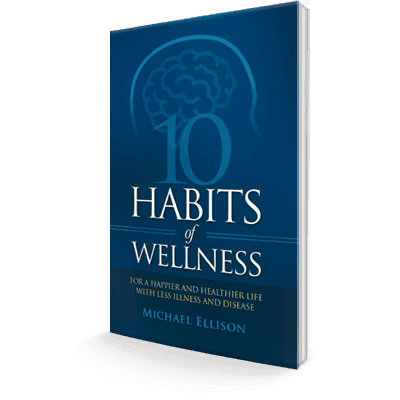The importance of heart health is widely acknowledged and promoted. Everyone knows it’s essential to maintain healthy body weight. So why is it that too few people actively pursue better cognitive health? Brain health is critical to maintaining a healthy and independent life.
Throughout your life, your brain changes and adapts to the many different things you experience and learn. When your brain is healthy, broken connections can be repaired and new ones created. But with age and poor lifestyle, the brain’s natural capabilities can begin to decrease. Many aging adults fear this decline in cognitive function, but it isn’t inevitable.
What are cognitive skills and abilities?
Cognition has to do with how a person perceives, understands, and performs in the world around them. It’s the set of mental abilities and processes that are performed in nearly every action while awake. These include thinking, knowing, remembering, judging and problem-solving. These are higher-level functions of the brain and encompass language, imagination, perception, and planning.
Cognitive skills are brain-based functions needed to carry out any task—from the simplest to the most complex. Your cognitive functioning has less to do with intellectual knowledge and more to do with how you learn, remember, and problem solve.
For example, answering the door involves perception (hearing the doorbell), decision making (deciding whether or not to open the door), motor skills (turning the handle and opening the door), language skills (speaking and understanding language), and social skills (interpreting tone of voice and interacting with another person appropriately).
What happens when cognitive skills decline?
Like most ailments, cognitive disorders are caused by a variety of factors. These can include genetic predispositions, certain medical conditions, lifestyle, and environmental factors. Neurophysiological changes an also result from over-consumption of certain substances like drugs or alcohol, or as the result of physical trauma or injury. A combination of these factors can result in varying degrees of cognitive dysfunction.
Symptoms of cognitive dysfunction can vary widely, but many common signs include:
- Confusion
- Poor motor coordination
- Loss of short-term or long-term memory
- Impaired judgment
- Identity confusion
With age, some brain functions tend to decline. This is usually seen with executive functions—abilities that enable goal-oriented behavior like planning. However, cognitive skills aren’t fixed—they can be improved and strengthened through lifestyle and training.












